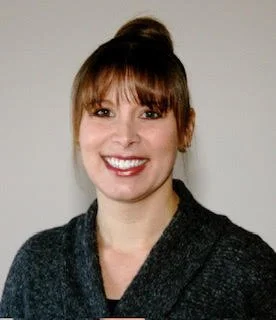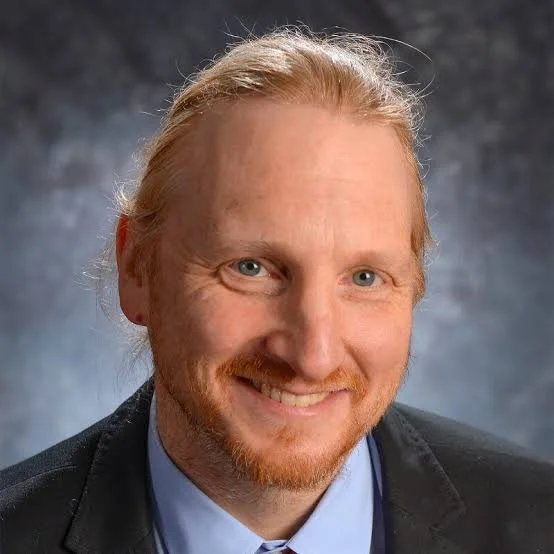
Private Reflection: A Moment to Think
You don’t have to figure everything out today, and no one can tell you what’s right for you. But taking a moment to reflect might help bring clarity about what’s working, what’s not, and what you might want more of in your life.
These questions are for you—no pressure, no right or wrong answers, just space to check in at your own pace.
How does substance use fit into your life?
Do you feel in control of when and why you use substances, or does it feel like something you rely on more than you used to?
Have you noticed changes in how often, how much, or why you engage with substances?
Are substances something you use for relaxation, stress relief, or to cope with emotions?
If you’re not sure what this means for you, try this:
Over the next few days, simply notice when and why you reach for substances—without judgment. Just observing patterns can be an important first step.
“Most people don’t wake up one day and realize they have a substance use disorder. It’s a slow shift—one that’s easy to overlook until it starts affecting daily life.”
–Dr. Greg Hobelmann
Have you thought about making a change?
Have you ever considered cutting back or taking a break?
If you’ve tried before, what made it hard?
Do you feel different—physically, mentally, or emotionally—when you go without substances?
Not sure where to start? Try this:
Make one small adjustment—whether it’s waiting a little longer before using, switching up a routine, or paying attention to how you feel in different situations.
“People assume quitting is just about willpower. But withdrawal—both physical and emotional—makes it much more complicated. That’s why support matters.”
–Dr. Kristine Hitchens
Is substance use affecting what matters most to you?
Have you noticed changes in your energy, focus, or motivation?
Have friends, family, or colleagues expressed concern?
Are there moments where you feel uncertainty, frustration, or doubt about your substance use?
Not sure what to do next? Try this:
Write down one thing—big or small—that feels different about yourself lately. Seeing it in writing might bring clarity.
"The earlier we recognize shifts in our well-being—physical, emotional, or social—the more options we have to make meaningful changes."
–Dr. Mishka Terplin
What’s one part of your life you’d like to feel more in control of?
Your stress levels, emotions, or overall well-being?
Your sleep, focus, or physical health?
Your relationships, work, or sense of purpose?
Try this small shift:
Identify one small, positive adjustment that might help you feel more in control - better sleep, reaching out to someone, or taking a break a mindful pause when feeling stressed.
“The first step in recovery isn’t ‘quitting.’ It’s recognizing what’s working and what isn’t—so you can decide what you want more of.”
–Dr. Kima Taylor

What’s Next?
You don’t have to make any big decisions today—but if these questions made you think, you don’t have to figure things out alone.
A Recovery Specialist can help you sort through your options—without pressure, judgment, or expectations.
Call or text a Recovery Specialist: 443-417-7810
Not ready to reach out? Save this number in your phone. Just knowing where to turn can make all the difference.




